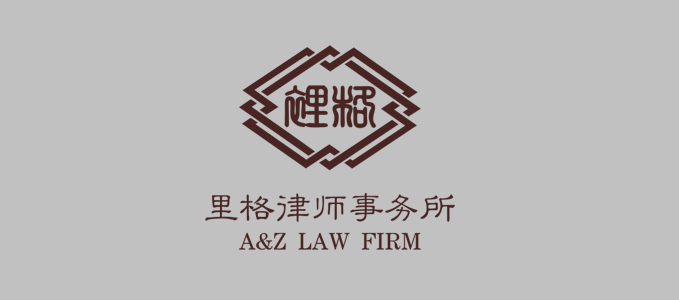Capital Control In China
Capital Control In China

On the 13th, September, Ms. Mireia Paulo, Director of the European-American Market and Overseas Investment Projects at A&Z Law Firm, was invited to deliver a speech at the JUWAI China Agent Summit held in Shanghai. Ms. Paulo’s topic was “China’s Capital Control Policy”.
Ms. Paulo introduced the background of China’s capital control context. Some of the elements that have influenced the decision of controlling capital flows highlighted were:
- Limiting the drawdown of China’s foreign currency reserve;
- Keeping the RMB/USD exchange rate relatively stable;
- Avoiding persistency on bad investments with high-risk and lack of planning; and
- Restricting capital outflows relating to purchasing real estate assets abroad.
In addition, she explained which are the four main official supervision departments [National Development and Reform Commission; Ministry of Commerce of the People’s Republic of China; People’s Bank of China; State Administration of Foreign Exchange]. These four agencies are responsible for the examination and approval of outbound investment projects.
The latest regulations were also introduced to the attendees. When doing outbound investments in China, the main circular to look at is: <Circular of the General Office of the State Council on Forwarding the Guiding Opinions of the National Development and Reform Commission, the Ministry of Commerce, the People's Bank of China and the Ministry of Foreign Affairs on Further Guiding and Regulating the Outbound Investment Direction> . This circular came into effect on 4 August 2017.
Under the circular, outbound investment projects are currently divided into three categories: encouraged, restricted and prohibited categories. Up until 2017, hot business sectors for Chinese outbound investments were real estate, hospitality, film, entertainment and sports clubs.
The circular now places these business sectors in the restricted category, which means any company interested in investing in them will need to obtain approval from the four competent authorities.
Approvals are based on a case-by-case basis and if the investment projects lack a solid strategic plan supported by a well-prepared dossier, it is unlikely that they will obtain the necessary approval.
Despite this new situation, there are also positive outcomes for those conducting businesses under the encouraged category.
Among those the following can be highlighted:
- Infrastructure projects that are favorable to the Belt and Road Initiative and the interconnection of infrastructure in neighboring countries;
- Investment that can drive the output of advanced production capacities, superior-quality equipment and technological standards;
- Focusing projects on high/new technologies and advanced manufacturing with an aim to encourage the establishment of research and development centers abroad; and
- Exploration and development of overseas energy resources such as oil, gas, and minerals.
Ms. Paulo illustrated the new capital control context in China by comparing two different case studies: a failed project and a success story. The unsuccessful case was Dalian Wanda Group which entered the US TV industry after agreeing to acquire US-based Dick Clark Productions (DCP) for US$1bn. Despite rumors about transaction fees and the possibility of additional offshore money, the result was that Wanda had insufficient funds to purchase the asset by 17 January 2017.
Wanda sent Eldridge a request to extend the closing date until 28 February and paid a penalization fee of $25 million to compensate for any delays. This new deadline, however, was refused and ultimately Eldridge sued Wanda for an additional $25 million in termination fees in Delaware Chancery Court. This case sent a clear message about official trends to Chinese companies interested in outbound investment projects.
During the afternoon session, Ms. Paulo actively took part in the discussions with investors and investees, and provided advice for their outbound investment projects. When doing overseas investment transactions between different stakeholders with various multicultural and multi-disciplinary backgrounds, it is highly recommended to count on the support of “bridge professionals” who are able to give advice on regulatory matters and ensure to keep the team on the same page throughout the entire project.
To summarise, when carrying out outbound investment transactions,ensure that your company/industry/partner falls into the encouraged category. As well as this, you should double-check whether your project needs to be approved or filed before beginning and also come to an agreement on the purchase conditions. Finally, you should also verify that the project is in compliance with relevant Chinese laws and regulations to avoid any potential barriers in the future.



